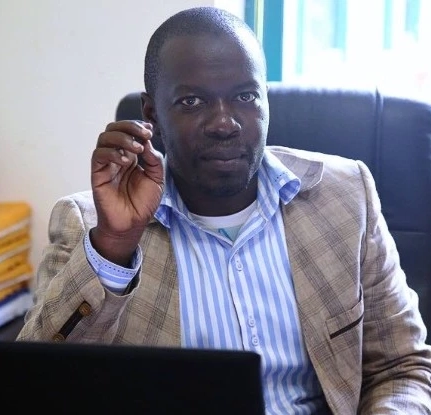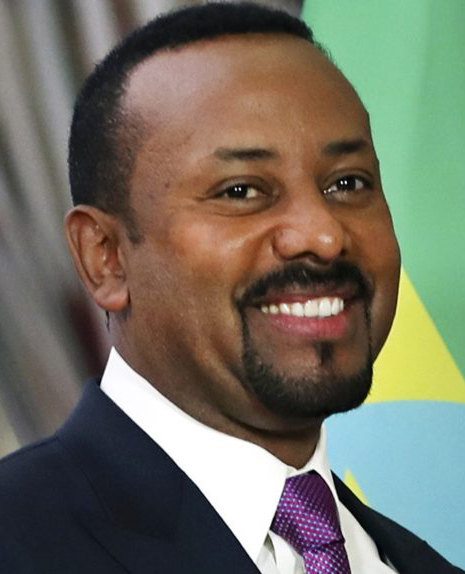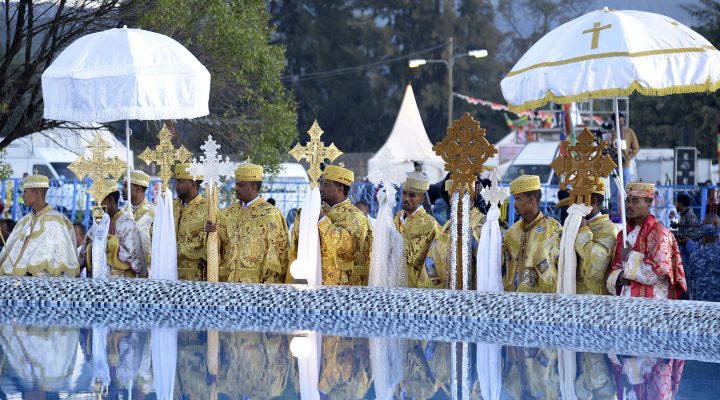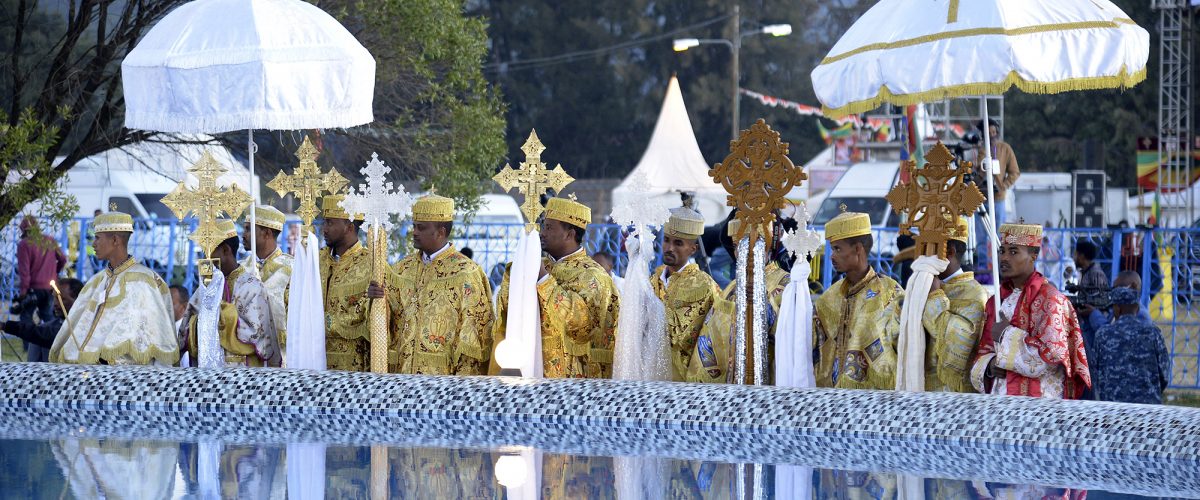Ethiopia’s Orthodox Christian Church is locked in a bitter feud with the government of Prime Minister Abiy Ahmed, the former Nobel Prize winner turned war-man.
The church claims state interference in its affairs. It threatens mass defiance, and thus a historic split looms in one of the world’s most ancient and largest Orthodox churches.

Yasin Kakande
“It’s no ordinary clash,” explained Yasin Kakande, an expert on Horn of Africa region affairs and author of Slave States. “Nearly 40% of Ethiopians belong to the Orthodox Church. The church is a state within a state. It is massive.”
Pew Research Center calls Ethiopia the world’s second largest Orthodox territory after Russia.
The Ethiopian Orthodox Church, “The Holy Synod,” is based in Addis Abba, the capital, and commands a countrywide following of nearly 43 million in a country of 120 million people. Officially, Ethiopia has no state religion, but the Orthodox Church is the de-facto national church.
“Conflict in the church is a headache in the state.”
“The Ethiopian monarch was the first convert to Christianity in the fourth century. So, Ethiopia’s identity is intertwined with the Orthodox Church,” Kakande explained. “Conflict in the church is a headache in the state.”
The current dangerous feud began in January, when three priests in the Oromo region of Ethiopia declared themselves independent from the giant Ethiopian Orthodox Church and said they are establishing themselves as archbishops. The new synod went ahead and appointed 26 rebel bishops of Oromo. The Oromos are Ethiopia’s largest ethnic group.

Prime Minister Abiy Ahmed (AP Photo/Francisco Seco)
This development has torn Ethiopia apart, especially when Prime Minister Ahmed said the state won’t interfere in the church’s feud and will give space for the Ethiopian Orthodox churches to sort themselves out.
The state’s supposed hand-off approach to the church’s schism torched off fury from the Ethiopian Orthodox Church bishops who accuse the government of “meddling” in the church’s affairs and making a “declaration to destroy the church once and for all.”
Hence, on Feb. 9, the bishops called for a mass demonstration against the government. Subsequently, at least 30 people, followers of the Ethiopian Orthodox Church, died in clashes with state security forces.
The Ethiopian government responded in kind, declaring there will be such thing as “martyrdom church” and accused the church of sowing terror. Swiftly, as the protests loomed on Feb. 12, the state enacted restrictions on social media and internet connectivity across the country. This was confirmed by Gabriele Racaityte-Krasauske, spokesperson for SurfShark, a global internet connectivity tracker.
“By restricting access to social media platforms, it becomes difficult for (church) people (in Ethiopia) to communicate with each other and organize mass protests,” Krasauske explained.
The frictions in Ethiopia’s influential Orthodox Church are disturbing not only because Ethiopia’s Orthodox Church is one of the world’s largest but because the church there is custodian of some of some of the world’s rarest Christian manuscripts (some still being discovered amidst the ruins of war and artifacts looting). The “oldest and most complete” copy of the Bible is held there.
More than 500,000 early Christian manuscripts are housed in churches and monasteries across Ethiopia, making the country among the world’s most important archaeological deposits of rare texts. In 2016, scholars from Howard University in the United States returned sacred manuscripts to an Orthodox monastery.
“The recent war in Ethiopia has put the fate of the manuscripts at a precarious situation. If the latest chaos in the church worsens, the security of the manuscript’s vaults in monasteries will be in harm’s way again,” according to Simon Dolo, an early Christianity anthropology lecturer at Rusitu Bible College in Zimbabwe.
Ethiopia is just emerging from a devastating civil war that lasted two years and claimed 600,000 lives — considered the deadliest conflict of the 21st century. A peace deal has been signed between the central government and the rebel Tigray province of Ethiopia. A modest peace is holding, and the rebels have agreed to disarm and return to civilian life after intense bloodletting in the last two years.
“The Orthodox Church’s violent split is the last thing Ethiopia needs at the moment,” said Dolo, the lecturer. “Ethiopia is a perfect case study of a nation that has blended ethnicism, politics and the church, and that is a volatile mix. For peace to hold in Ethiopia, there must be peace in the church.”
Related articles:
In Tigray, Ethiopia, six months of pain, suffering and disaster


